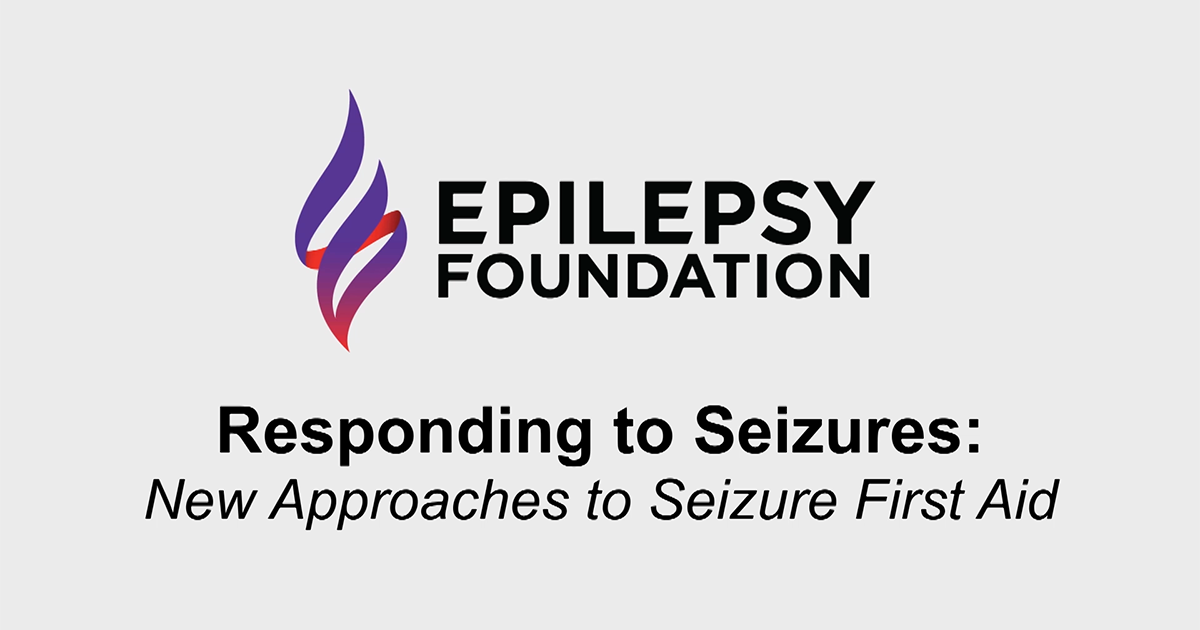First Aid Video Library

New Approaches to Seizure First Aid
This first video in the series introduces the other videos and explains what viewers will learn and why it’s important.
Care and Comfort Seizure First Aid
Watch to learn how to care for and comfort someone having any kind of seizure.
Watch our #ShareMySeizure Public Service Announcement to see what happens when Michael has a seizure on the basketball court and how his teammates learn the key seizure first aid steps: Stay. Safe. Side.
Tailoring Seizure First Aid
Watch to learn how to tailor seizure first based on the person’s level of awareness or consciousness, age, and how the person behaves during the seizure.
Rescue Therapies: Overview and Devices
Watch to learn how to help when a seizure is lasting longer than usual or the person has a cluster of seizures. Knowing how to respond in these situations can prevent a seizure emergency. In this video, the speakers also show how to respond when a person with epilepsy has an implanted device.
Using Rescue Medications
Knowing how to respond in these situations can prevent a seizure emergency. In this video, the speakers talk about using medications to respond to seizures that last longer than usual or that repeat in a cluster.
Special Circumstances
Watch to learn about responding to seizures in special circumstances, like when a seizure occurs in water, in a car, while traveling, in the bathroom, at work, and in other special situations.
Resources
Epilepsy Centers
Epilepsy centers provide you with a team of specialists to help you diagnose your epilepsy and explore treatment options.
Epilepsy Medication
Find in-depth information on anti-seizure medications so you know what to ask your doctor.
Epilepsy and Seizures 24/7 Helpline
Call our Epilepsy and Seizures 24/7 Helpline and talk with an epilepsy information specialist or submit a question online.
Tools & Resources
Get information, tips, and more to help you manage your epilepsy.



